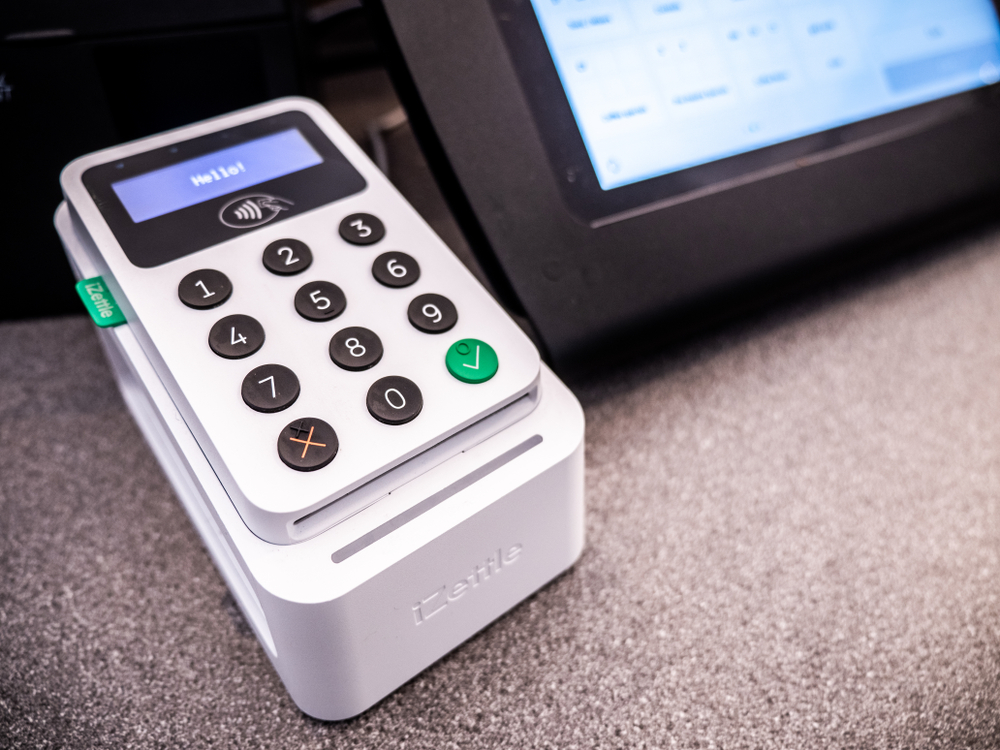Exploring the Different Types of Merchant Accounts for Your Business

As a business owner, accepting credit and debit card payments is crucial in today’s digital age. To facilitate this, you may have encountered the term “merchant account.” In this article, we will delve into the world of merchant accounts, discussing their various types and helping you understand the available options.
What is a Merchant Account?
A merchant account is a business bank account that enables businesses to accept and process electronic payment card transactions. It acts as an intermediary between a customer’s bank account and a business’s bank account, allowing businesses to receive funds for transactions immediately. To open a merchant account, businesses must apply and be approved by a merchant acquiring bank. The application process typically involves providing business information, undergoing a credit check, and paying an application fee.
Different Types of Merchant Accounts:
Retail Merchant Accounts:
Designed for brick-and-mortar stores, retail merchant accounts cater to businesses that require physical terminals for card transactions. These accounts often have lower application fees and are suitable for businesses with a high volume of in-person transactions.
Internet/eCommerce Merchant Accounts:
For online businesses, an internet/eCommerce merchant account is essential. These accounts allow customers to enter their card information online and have higher transaction fees compared to retail accounts. Internet/eCommerce merchant accounts are necessary for businesses that want to accept payments through their website.
Mobile Merchant Accounts:
Ideal for businesses on the go, mobile merchant accounts enable businesses to accept payments using mobile devices. With the rise of mobile payment technologies, such as contactless payments and mobile wallets, having a mobile merchant account is especially useful for businesses that operate at events, markets, or offer delivery services.
Telephone Merchant Accounts:
Some businesses still rely on taking orders and payments over the phone. Telephone merchant accounts are specifically designed for businesses that primarily sell their products or services through phone transactions. These accounts often have lower equipment costs and discounted processing fees.
Mail Order Merchant Accounts:
Businesses that primarily sell their products through catalogues or mail order require mail order merchant accounts. These accounts have lower equipment costs and discounted processing fees, making them suitable for businesses that rely on mail order sales.
Understanding Fees and Choosing the Right Provider:
It’s important to note that fees for merchant accounts can vary depending on the provider and the type of account. Some providers use a fixed per-transaction rate, while others use interchange-plus or tiered pricing models. Additionally, there may be setup fees, monthly fees, gateway fees, minimum fees, annual fees, and customer service fees associated with merchant accounts. Businesses should compare quotes from different providers to find the best fit for their needs.
Merchant accounts are essential for businesses that want to accept credit and debit card payments. The different types of merchant accounts cater to various business models, whether it’s a physical store, an online business, a mobile operation, or a business that primarily operates through phone or mail order. By understanding the different types of merchant accounts and their associated fees, businesses can make an informed decision and find the best provider and compare card processing companies.
If you’re interested in setting up a merchant account for your business, reach out to reputable merchant account providers who can guide you through the application process and help you find the best solution for your specific needs. Consider using a free online quoting engine to compare quotes and make an informed decision.
Categories: Advice, Merchant Accounts, Merchant Terminals



